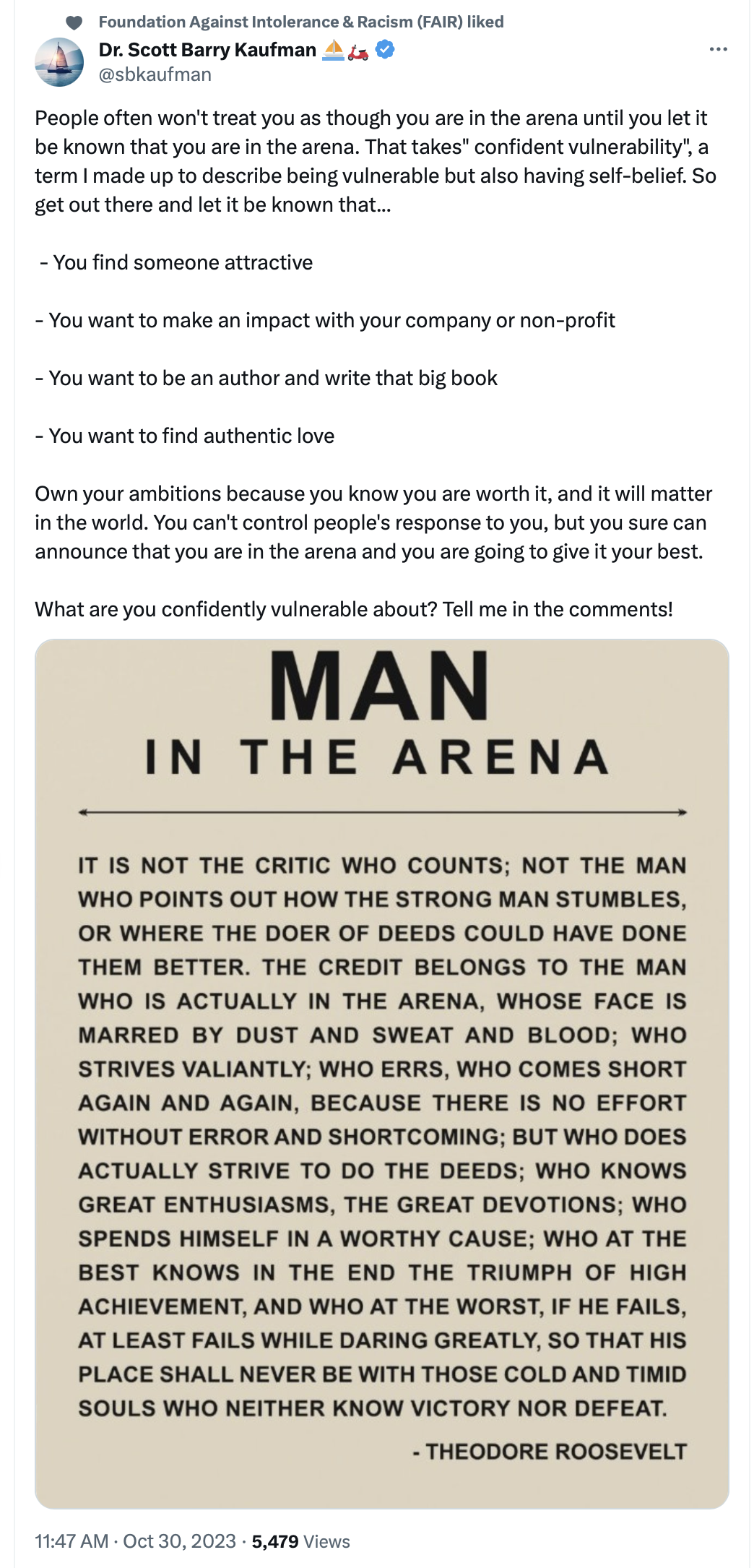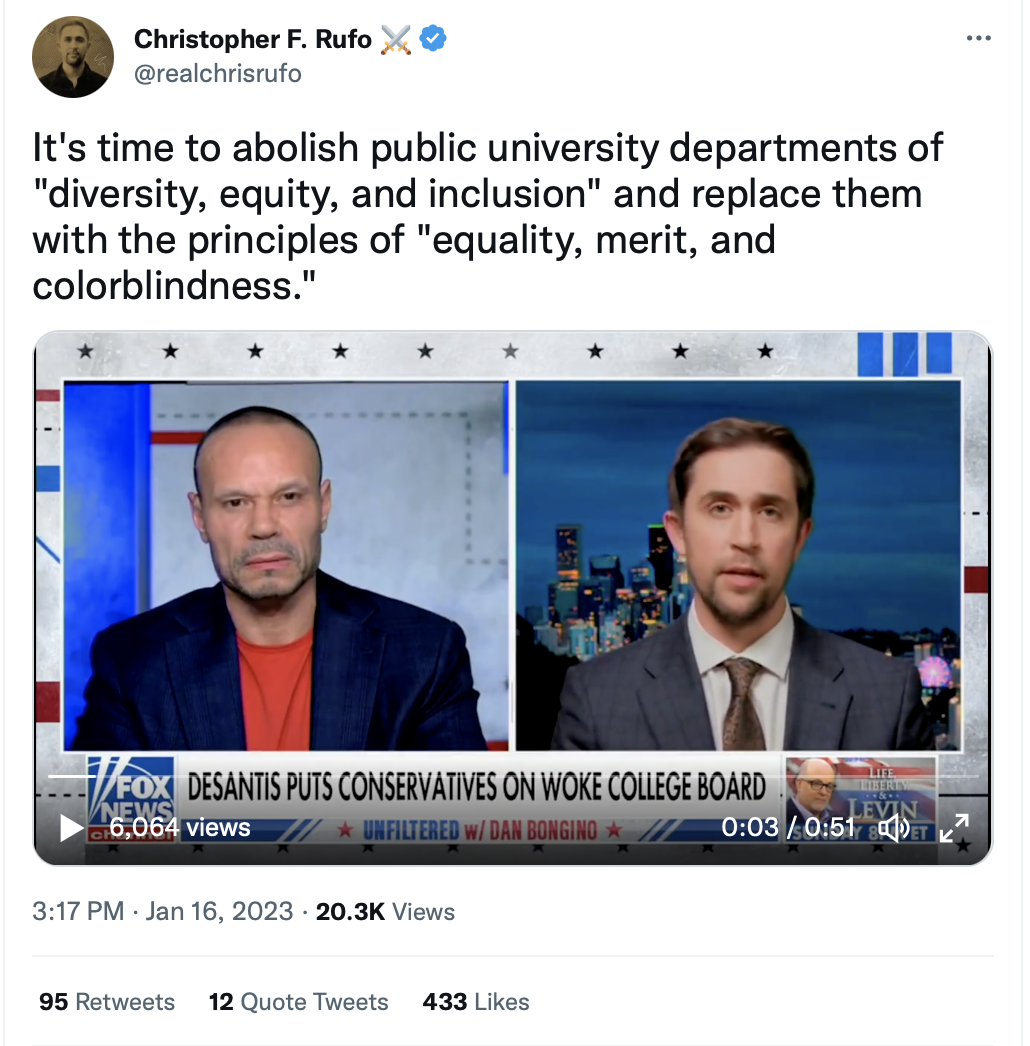Tucker Carlson recently interviewed Michael Shellenberger. The first third of the interview has been released. I highly recommend watching/listening/reading it. Shellenberger once identified as a liberal, but now he declares himself an independent, taking good ideas wherever he finds them and rejecting bad ideas. I agree with much of what he has to say in this part of the interview. Here is an excerpt from the interview where Shellenberger argues that a big part of our problem is nihilism:
Michael: I'm really interested in defending the pillars of civilization and the pillars of civilization are, as I see it, cheap, abundant energy, law and order, and meritocracy. My first book, Apocalypse Never, addresses the attack on abundant and cheap energy. San Fransicko describes the attack on law and order and meritocracy. You start attacking those pillars of civilization and you just don't have a civilization left anymore
Tucker: Can you repeat those?
Michael: Cheap energy, law and order, and meritocracy. All three are under attack in a really systematic way. This is why I find myself as somebody that's traditionally been on the left and is now independent. I see what conservatives are doing and the role of conservatives as important. They have the role of defending civilization. The role of the left has always been to demand change and push for change. And in some cases, I support that. But, right now, you see that the left has gone so far that even more moderate liberals have been radicalized and are undermining the bases of our civilization.
Tucker: But the alternative to civilization — and I've seen glimpses of it a couple of times — is so horrifying. It’s the total domination of the week by the strong. A 15-year-old with an automatic rifle can rape, can do whatever he wants, and you have no power. We spent millennia trying to build an alternative to that and we now have it. Why would you ever want to revert to the 15-year-old with the automatic weapon being in charge?
Michael: That's maybe the most important question of our time. And it's not an academic question.
Tucker: It’s a very practical question! And there are parts of the world where there's no civilization. I have personally seen them so I know. You can just buy a plane ticket and go there if you're interested. Why would anybody want that?
Michael: That is a huge question. I think one question is, “Do the people who are undermining civilization really want that? Do they know what they want?” To some extent, I think they do. But where all of my work has led me, and this is where my third book is going, is that what we're dealing with — and it's a bit of jargon, but I can't figure out how else to say it — a crisis of nihilism, meaning that as people stop believing in traditional religion, as people stop believing in God, they start to adopt new religions.
Nihilism has two meanings that are related. The first is that life has no purpose or value. We're just like animals. We're born, we reproduce, and we die. There's no point to any of it. And so it doesn't really matter what you do. You're not going to be judged at the end of your life to determine whether you go to heaven or hell. So that's the first nihilism. But then this turns people toward a kind of will-to-power. It turns into a desire to feel powerful, which itself is just a kind of hedonism when you get right down to it.... And it’s not just from the radical activists. We see it among elite media basically saying, “Unless we go back to pre-industrial energy sources, we're going to end up in a climate apocalypse.” They've constructed a new apocalyptic religion out of nihilism. I think that is what's driving this crisis of civilization. It’s a crisis of nihilism that arguably began a couple of hundred years ago....




